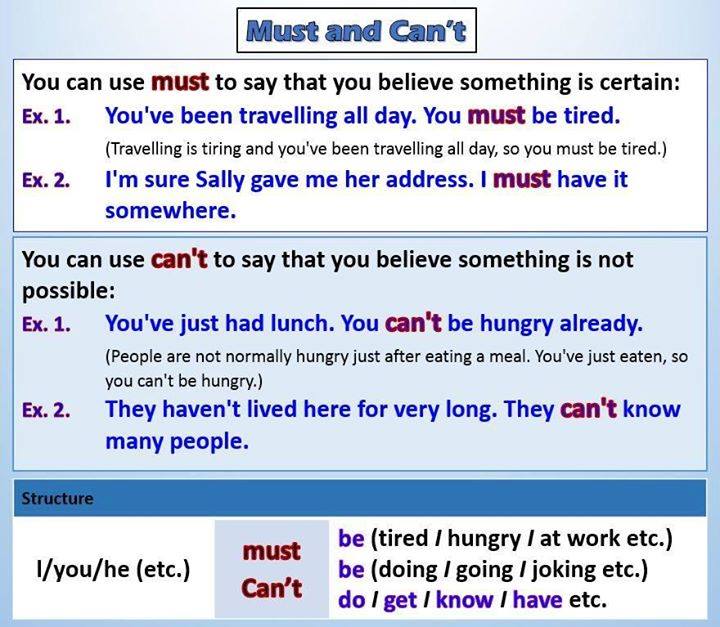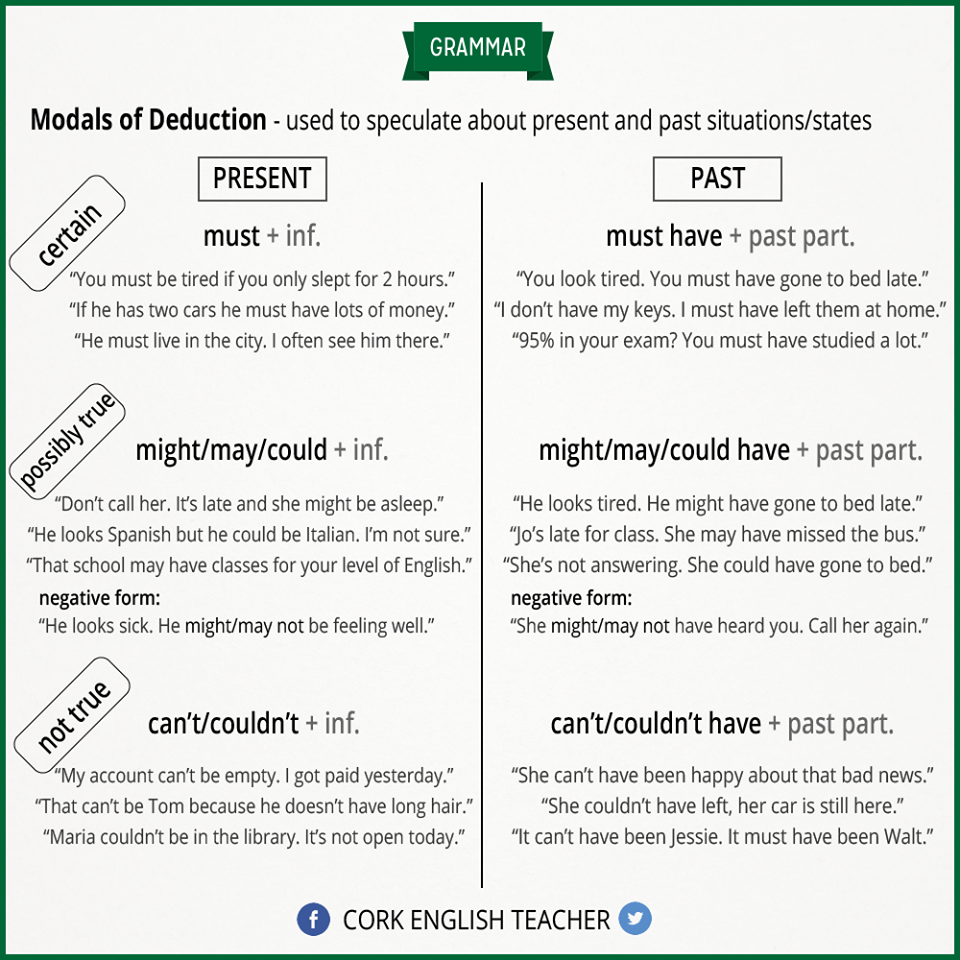Hello there!
I hope you are having a nice Friday |
Today we are going to have a look at “there was” and “there were” to see exactly when and how to use them.Hoy vamos a estudiar “there was” y “there were” para saber cuándo y cómo usarlos.
We use “there was” and “there were” when we want to say something existed or something was present in the past. Usamos “there was” y “there were” cuando queremos decir que algo existía o estaba presente en el pasado. * Remember that “there was” and “there were” refer to the past and are the past tense of “there is” and “there are”.* Recuerda que “there was” y “there were” son el pasado de “there is” y “there are”. - We use there was with singular nouns. For example:Usamos “there was” con sustantivos singulares. Por ejemplo: There was a big garden in the front of the house.Había un gran jardín delante de la casa. There was a man at the bus stop.Había un hombre en la parada de autobús. - We use there were with plural nouns. For example:Usamos “there were” con sustantivos plurales. Por ejemplo: There were many travel guides at the bookshop yesterday.Había muchas guías de viaje en la librería ayer. There were seven hundred people at the convention last week.Había setecientas personas en el congreso la semana pasada. Look at this dialogue between Eric (E) and Pam (P) to see how to use “there was” and “there were” in conversation: E: Were there many people at the show, Pam?¿Había mucha gente en el espectáculo, Pam? P: Yes, it was packed. You should have come! There was enough room in the car for you.Sí, estaba muy lleno. ¡Tendrías que haber venido! Había suficiente sitio en el coche. E: I know, I just didn’t feel like going out. There was a great film on TV last night anyway.Lo sé, pero no tenía ganas de salir. Dieron una película muy buena por la televisión ayer por la noche, de todas formas. P: There were amazing decorations set up too around the stage area and there was a new guitar player who I hadn’t seen before.Había unas decoraciones increíbles alrededor del escenario también y un nuevo guitarrista que no había visto antes. E: It sounds great. Next time I might come along.Suena genial. Quizás me apunte la próxima vez. As you can see, we make questions by placing “was” or “were” at the beginning of the sentence followed by “there.” • Were there many people at the show?¿Había mucha gente en el espectáculo? • Was there anything good on TV last night?¿Había bueno en la televisión anoche? To form the negative we add “not” to “was” or “were” to form “was not” or “were not.” Alternatively, you can use the contracted forms “wasn’t” or “weren’t”. Look at some examples: • There were not / There weren’t many people at the show.No había mucha gente en el espectáculo. • There was not / wasn’t anything good on TV last night.No había nada bueno en la televisión anoche. Have a great weekend! Bye for now! |
















































